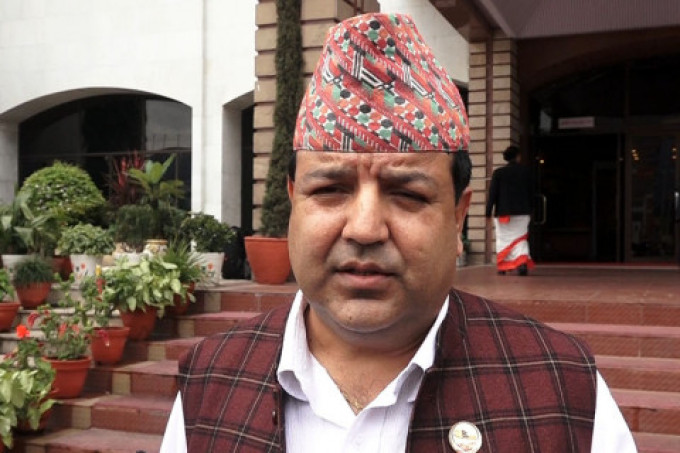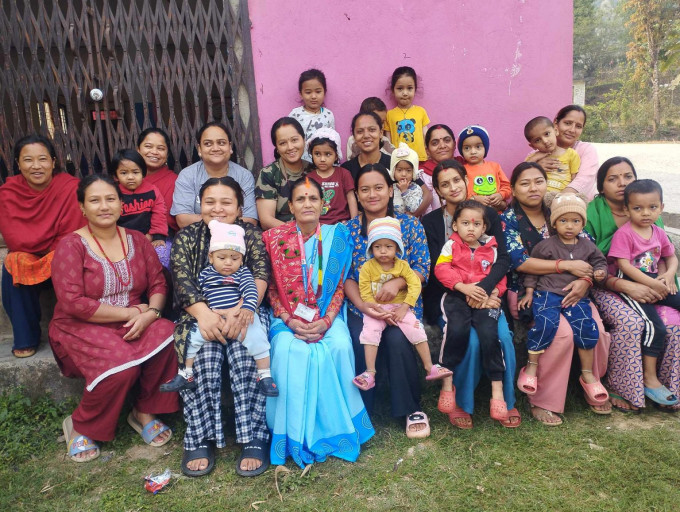A clinical trial of an experimental universal influenza vaccine developed by researchers at the National Institute of Allergy and Infectious Diseases (NIAID) Vaccine Research Centre (VRC), which is part of the National Institutes of Health, has begun at Duke University in Durham, North Carolina. The investigational vaccine, known as H1ssF-3928 mRNA-LNP, will be tested for safety and ability to produce an immunological response in this Phase 1 trial.
The study will include up to 50 healthy volunteers aged 18 to 49. Three sets of ten study volunteers will each be injected with 10, 25, and 50 micrograms of the investigational vaccine. Following data analysis to identify an ideal dosage, an additional ten subjects will be enlisted to receive the optimum dosage. A group of individuals will also get a current quadrivalent seasonal influenza vaccine as part of the trial. This will allow the researchers to compare the immunogenicity and safety of the proposed vaccine to that of already available seasonal flu vaccinations. Participants will be examined on a regular basis to determine the vaccine's safety (and, secondarily, efficacy), and will be given follow-up sessions for up to a year after vaccination.
Seasonal influenza, or flu, kills thousands of people in the United States each year. The Centers for Disease Control and Prevention estimates that between 2010 and 2020, between 12,000 and 52,000 people died of flu in the United States annually. Although annual seasonal flu vaccines are valuable tools in controlling the spread and severity of influenza, they do not provide immunity against every flu strain. Each year, before the flu season begins, scientific experts must predict which influenza strains are likely to be most common during the upcoming months and then select three or four of these strains to include in the next seasonal flu vaccine. Vaccine manufacturers then need time to produce and distribute the vaccine--during which the dominant strains of the virus can change in unexpected ways, potentially decreasing the efficacy of the vaccine. An effective universal flu vaccine could eliminate these problems by protecting its recipients against a wide variety of strains and ideally providing durable long-term immunity, so people would not need to be vaccinated every year.
"A universal influenza vaccine would be a major public health achievement and could eliminate the need for both annual development of seasonal influenza vaccines, as well as the need for patients to get a flu shot each year," said Acting NIAID Director Hugh Auchincloss, M.D. "Moreover, some strains of influenza virus have significant pandemic potential. A universal flu vaccine could serve as an important line of defense against the spread of a future flu pandemic."
The early-stage trial is being conducted through the Collaborative Influenza Vaccine Innovation Centers (CIVICs) program, which was created by NIAID in 2019 to support the development of broadly protective and longer-lasting flu vaccines. It is the first investigational universal flu vaccine candidate to be tested by the CIVICs program, and was manufactured at the facilities of the Duke Human Vaccine Institute (DHVI), which is a part of the CIVICS program.
A similar vaccine developed by researchers at NIAID's VRC already has shown positive results in early clinical trials. Both vaccines use a specific portion of a flu protein, hemagglutinin (HA), to induce a broad immune response against influenza. While one portion of the HA protein, known as the head, tends to change as the flu virus spreads and evolves, a more stable portion, known as the stem, evolves very slowly and is very similar across many different types of the flu virus. By using the HA stem as the basis for a vaccine, researchers hope to induce long-term immunity against a broad range of flu viruses. Unlike the VRC's earlier vaccine, the H1ssF-3928 mRNA-LNP vaccine candidate uses a messenger RNA (mRNA) platform. By developing and testing a variety of different platforms for a universal flu vaccine, researchers are more likely to find one that is both safe and provides strong and broad immunity against a variety of strains.
READ ALSO:









